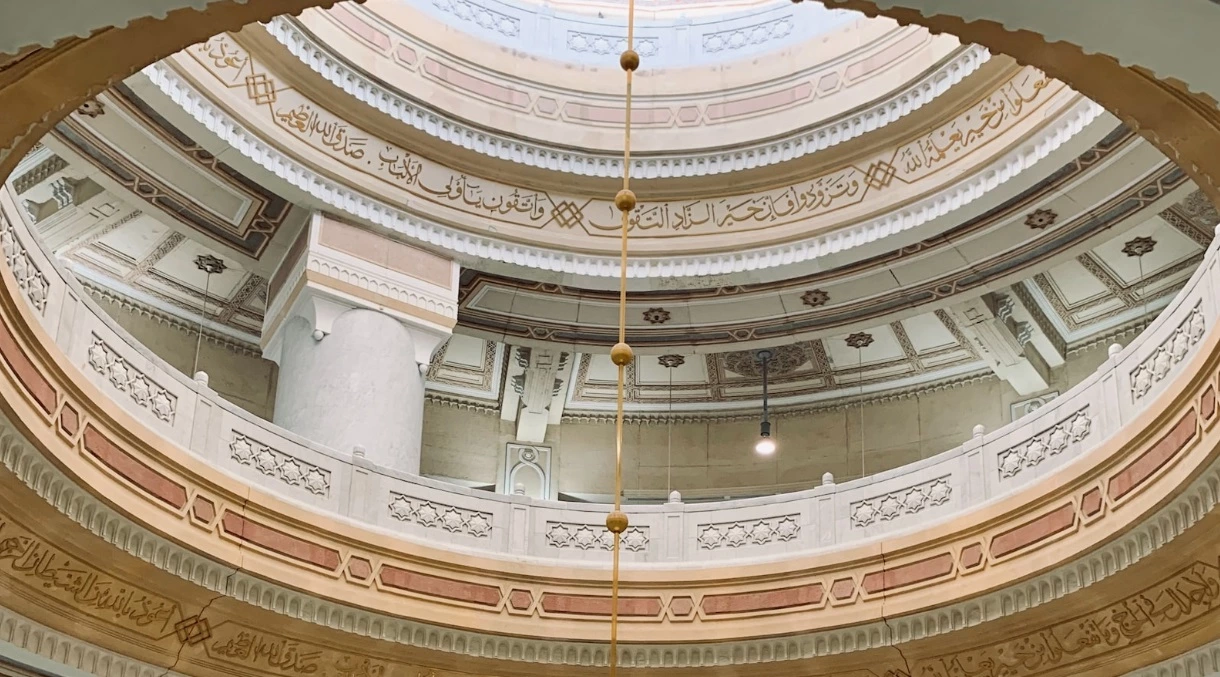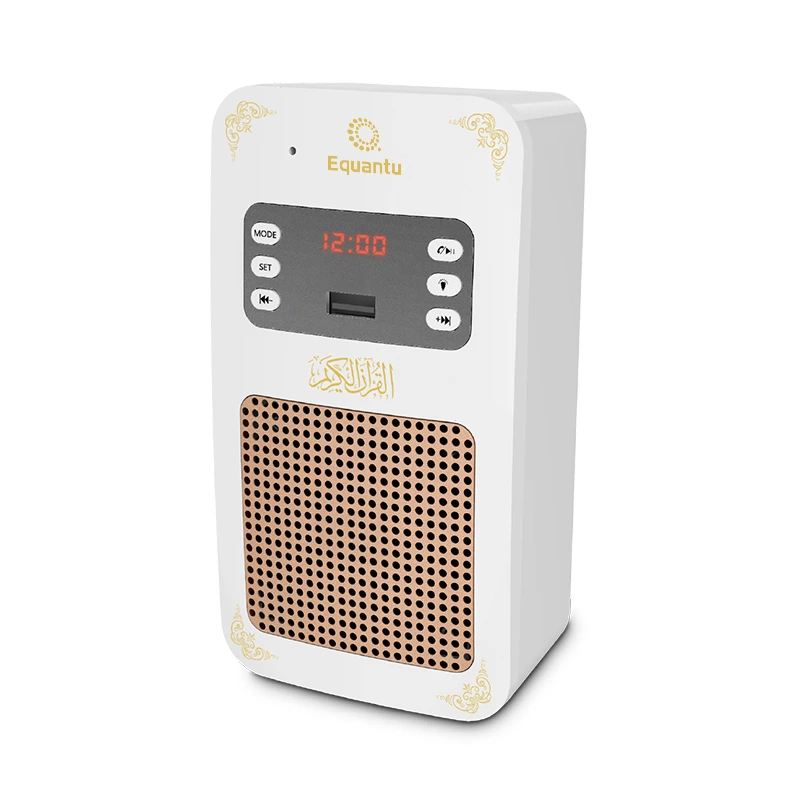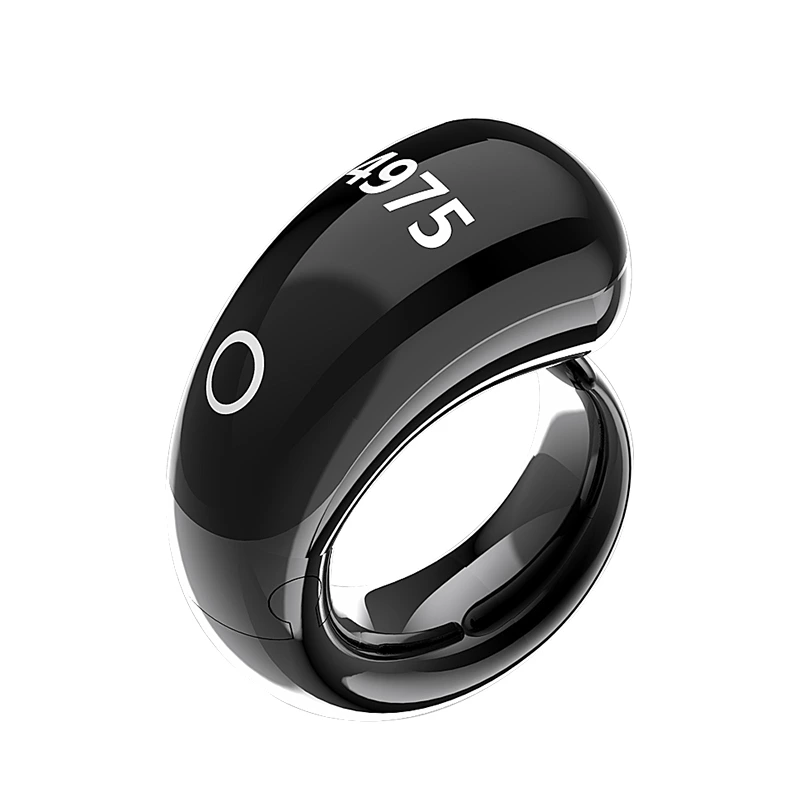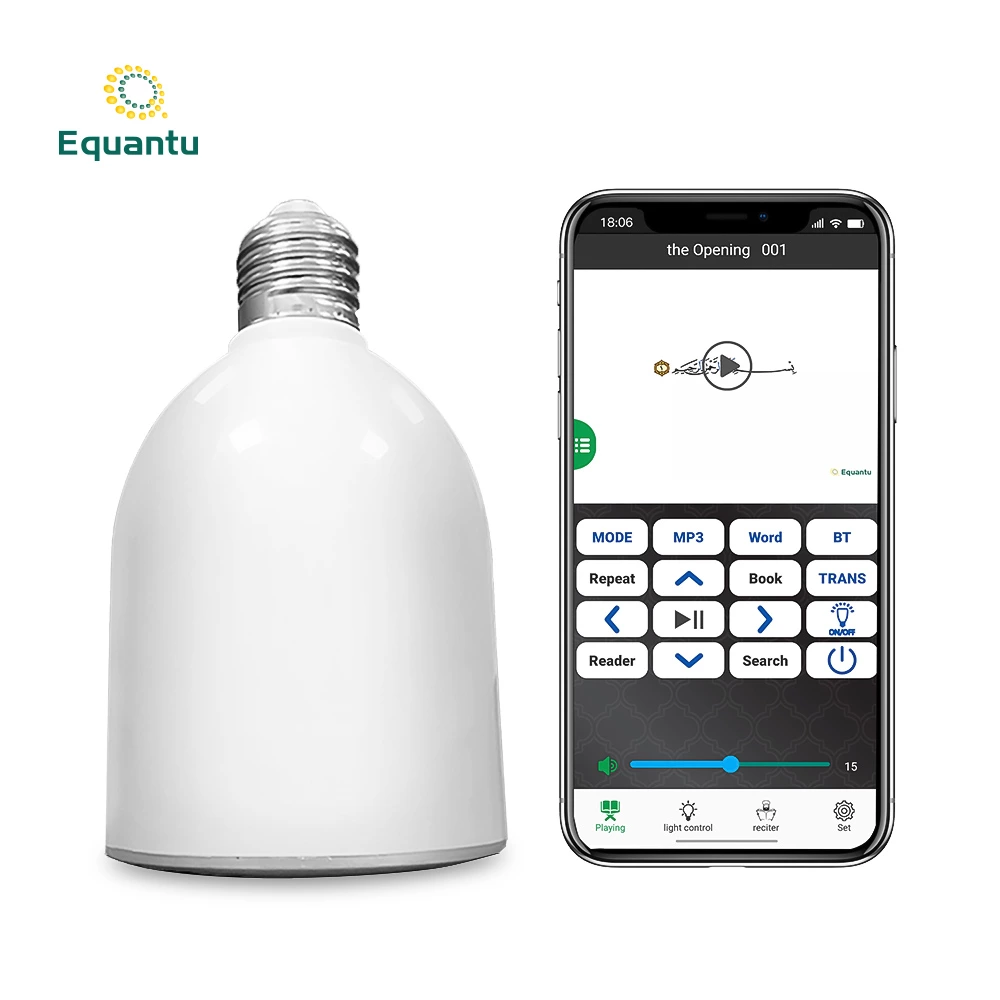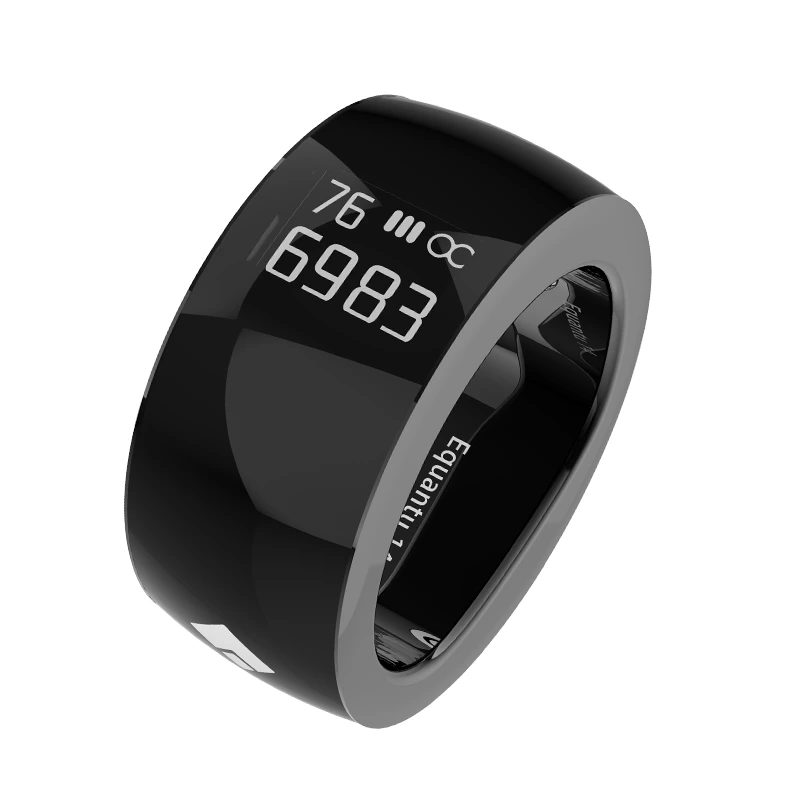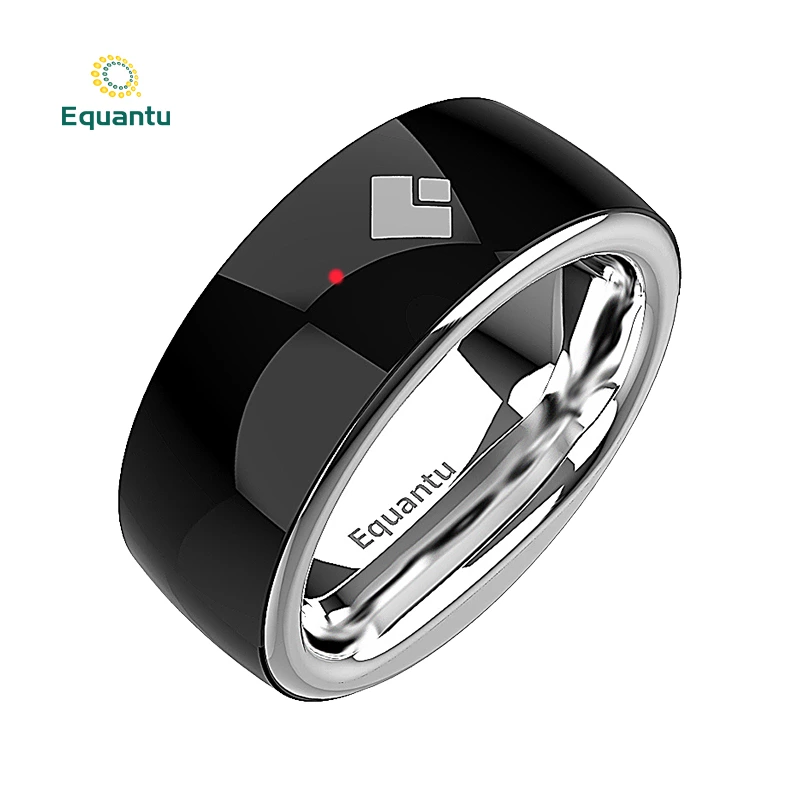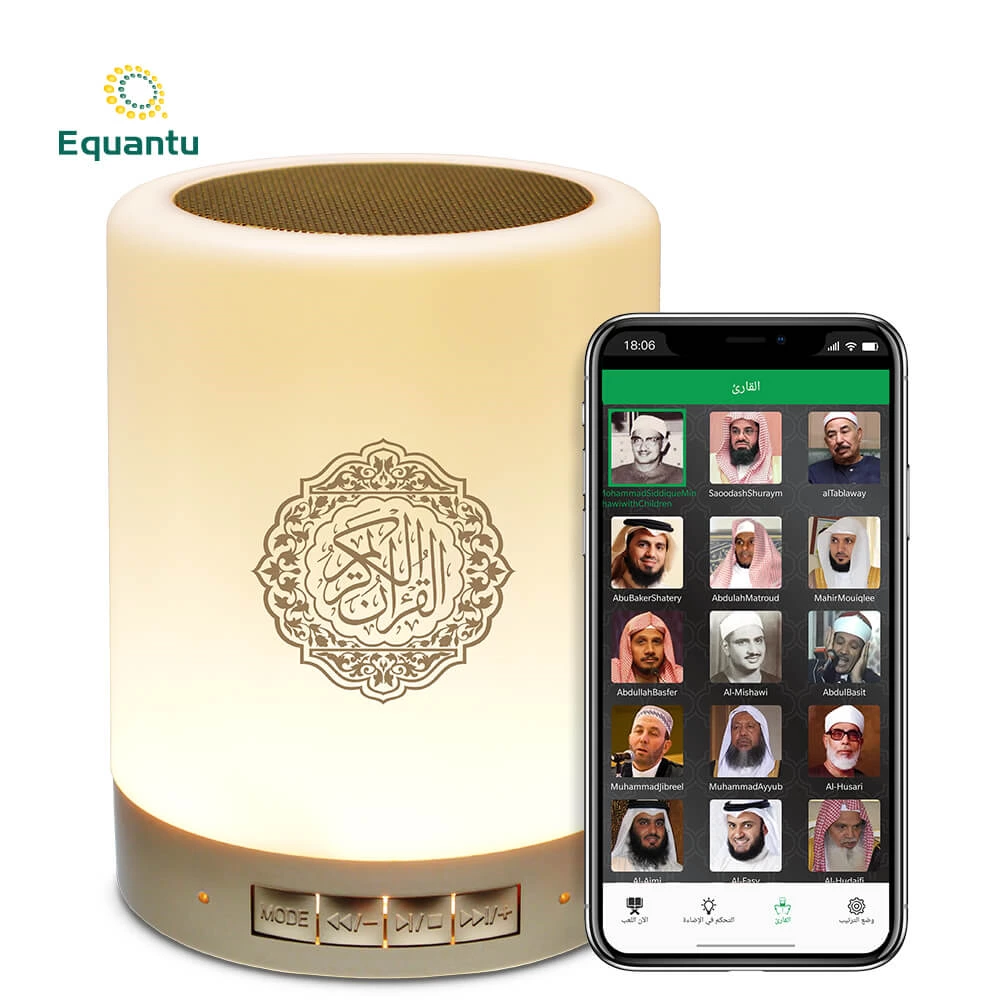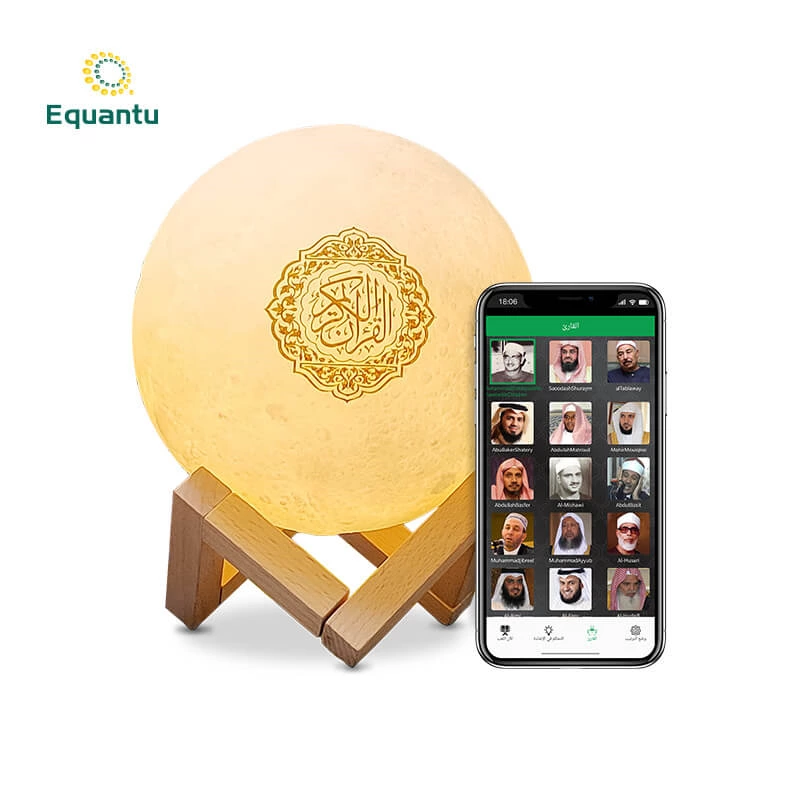Understanding the Astrolabe
The astrolabe, Latin for "star tool," is a sophisticated instrument used for solving problems related to time and the position of celestial bodies. It consists of a flat, circular disc with various movable components that can be adjusted to represent different celestial configurations. The astrolabe was used for multiple purposes, including determining prayer times, finding the direction of Mecca, and aiding sailors in navigation by calculating latitude.
Contributions of Muslim Scholars
Muslim scientists and astronomers made significant enhancements to the astrolabe, refining its design and functionality. Notable figures such as Al-Biruni and Al-Zarqali played crucial roles in the development and dissemination of the astrolabe:
Al-Biruni (973-1048 CE): A polymath who made extensive contributions to astronomy, Al-Biruni improved the precision of the astrolabe by incorporating advanced mathematical calculations and observational data. His work enabled more accurate celestial measurements, enhancing the instrument's utility in navigation and timekeeping.
Al-Zarqali (1029-1087 CE): Also known as Arzachel, Al-Zarqali further refined the astrolabe by developing complex configurations that allowed for more detailed celestial mapping. His innovations made the astrolabe an indispensable tool for Islamic scholars and navigators, facilitating deeper astronomical studies and practical applications in travel.
Impact on Navigation and Exploration
The astrolabe's impact on navigation cannot be overstated. During the Age of Exploration, European sailors adopted the astrolabe to determine their latitude by measuring the angle of the sun or stars above the horizon. This capability was instrumental in enabling long-distance sea voyages, fostering global trade, and facilitating the discovery of new lands.
Determining Latitude: By measuring the angle of celestial bodies, navigators could accurately determine their latitude, ensuring more precise navigation and reducing the risk of getting lost at sea.
Timekeeping: The astrolabe aided in determining local time by tracking the movement of the sun and stars, essential for coordinating voyages and scheduling activities aboard ships.
Cultural Exchange: The astrolabe served as a conduit for cultural and scientific exchange between the Islamic world and Europe, promoting the transfer of knowledge and technological advancements that fueled the Renaissance.
Integration with Modern Islamic Products
Modern Islamic products like Quran speakers and Zikr rings embody the precision and functionality that the astrolabe represented in historical contexts:
Quran Speakers: Just as the astrolabe provided accurate measurements for navigation and timekeeping, Quran speakers offer precise recitations and teachings, enhancing the spiritual experience and facilitating the practice of Islam in daily life.
Zikr Rings: Zikr rings, with their intricate geometric designs inspired by the astrolabe, serve as personal reminders of faith and mindfulness. Their mathematical elegance reflects the scientific sophistication of the astrolabe, symbolizing the harmony between faith and reason.
Conclusion
The astrolabe stands as a testament to the ingenuity and scientific prowess of Muslim scholars during the Islamic Golden Age. Its advancements in astronomy and navigation not only revolutionized maritime exploration but also laid the groundwork for future scientific and technological developments. The legacy of the astrolabe is preserved in modern Islamic products like Quran speakers and Zikr rings, which continue to honor the principles of precision, functionality, and spiritual enrichment. By celebrating these historical innovations, we acknowledge the profound influence of Muslim scientists on the world and their enduring contributions to both science and faith.
